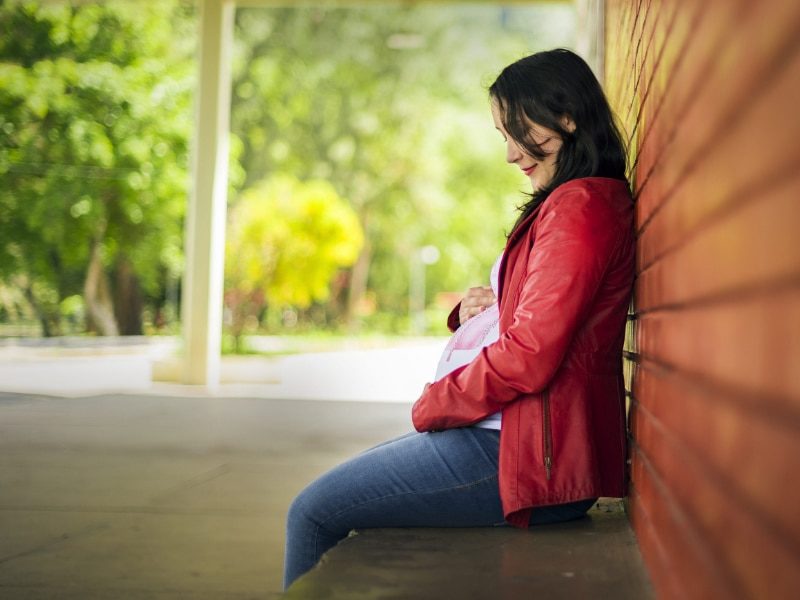Smoking during pregnancy
When you smoke, harmful toxins (poisons) enter your bloodstream and pass through the placenta to your baby. These poisons harm your baby’s health, putting them at risk of problems including glue ear, asthma, pre-term birth and low birth weight. Smoking can also increase the risk of miscarriage and Sudden Unexplained Death in Infancy (SUDI).
The chemicals in tobacco products can have a negative effect on the function of the placenta and there are also concerns that short and long term respiratory problems may occur in children. Nicotine can increase the risk of surgical site wound infection and compromise wound healing.
Stopping smoking has huge benefits for you and your baby, even if you have smoked for a part of your pregnancy, quitting will still have significant benefits for you both.
There are programmes designed specifically to help pregnant women stop smoking. Smoking is an addiction and it can be challenging to stop smoking alone, talk to your midwife about the support services available near you or visit smokefree.org.nz
Quitline offers a national service via text and phone.
Toxins from second hand smoke can also harm you and your baby so it’s important to make your home and car Smoke free and ask others not smoke around you.
Vaping (e-cigarettes) pregnancy and breastfeeding
Electronic cigarettes are battery operated devices that heat a liquid solution into an aerosol (a fine spray) that is inhaled. Using e-cigarettes is usually referred to as vaping.
Although Te Whatu Ora suggest vaping as an alternative to smoking (if you are already a smoker) they also advise women not to start vaping during pregnancy if they do not smoke.
Most e-cigarettes deliver nicotine (in various doses) along with a mixture of other chemicals (such as propylene glycol, ethylene glycol and glycerol), and heavy metals such as nickel and lead. Nicotine is addictive and associated with health risks for the unborn baby, however e-cigarettes contain a much smaller amount of potentially harmful substances than tobacco products.
Studies have also suggested that e-cigarette use is linked to reduced bone health, sleep disorders and compromised healing from physical injuries.
Again it is important to note that if vaping is being used by a pregnant woman as an alternative to smoking it remains preferable to cigarette smoking. Although research on vaping and pregnancy is still limited there is clear evidence that nicotine is linked to adverse health effects, and in pregnancy, small for gestational age babies. The use of e-cigarettes has not been studied in breastfeeding but we know that nicotine does pass into breast milk.
More information:
- Contents of e-cigarettes – https://www.cdc.gov/tobacco/basic_information/e-cigarettes/about-e-cigarettes.html
- Vaping and pregnancy – https://vapingfacts.health.nz/the-facts-of-vaping/vaping-and-pregnancy.html
Recreational drugs during pregnancy
Using recreational drugs can cause complications during pregnancy and serious problems in the developing fetus and the newborn baby. For pregnant women, injecting recreational drugs increases the risk of infections that can affect or be transmitted to the fetus. These infections include hepatitis and sexually transmitted diseases (including HIV).
Drugs such as methamphetamine can cause significant harm to your baby, including brain damage and birth defects. Other drugs such as heroin may cause your baby to be born drug dependent and suffer from withdrawal symptoms. Drug-dependent babies need expert care following birth.
If you are using drugs, talk to your midwife or GP. They are there to support you, not judge you and they will be able to refer you to a local service for further help and support. The Alcohol Drug Helpline provides free, confidential information, help and support:
- 0800 787 797 (24 hours a day)
- free text 8681
